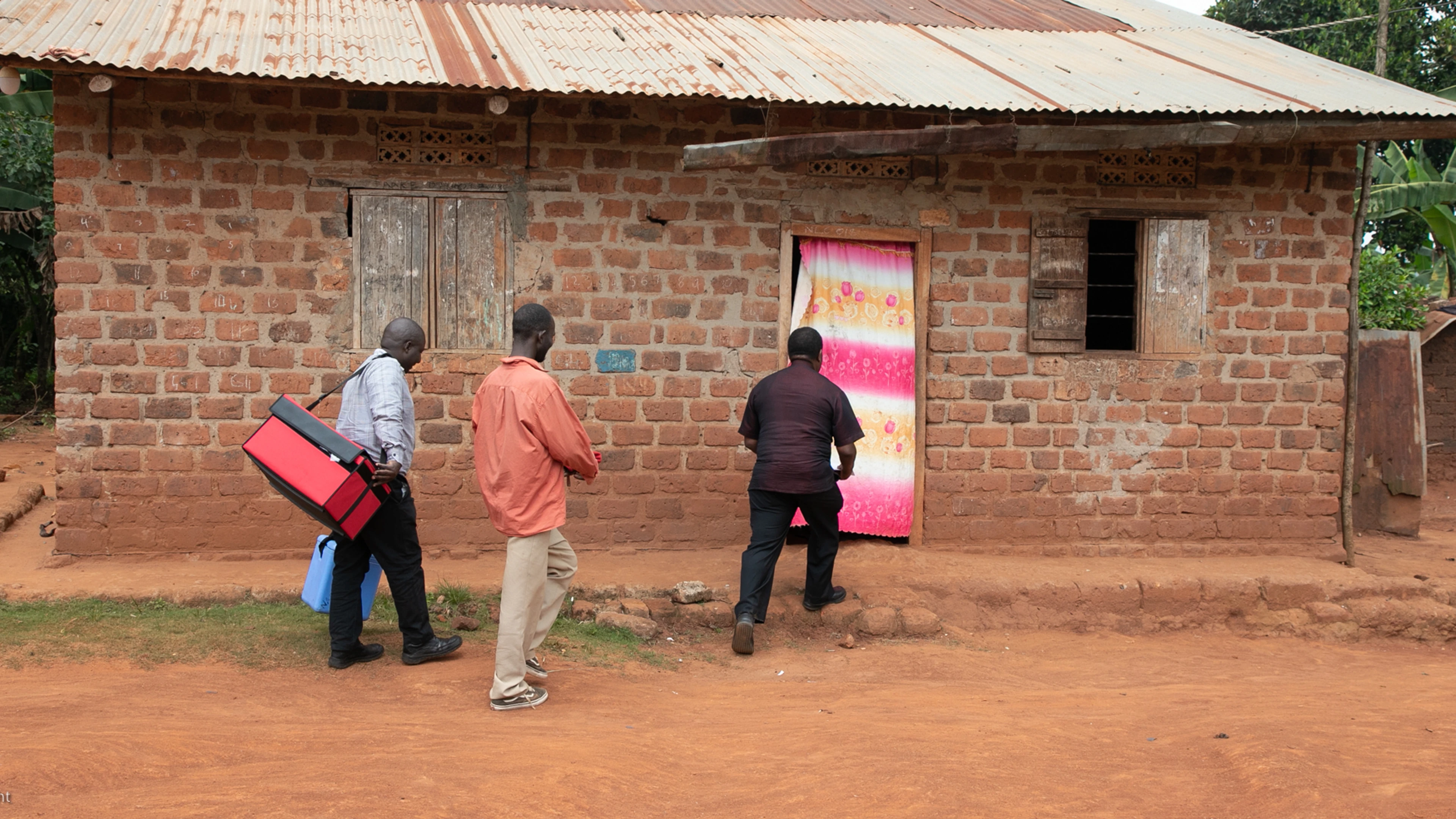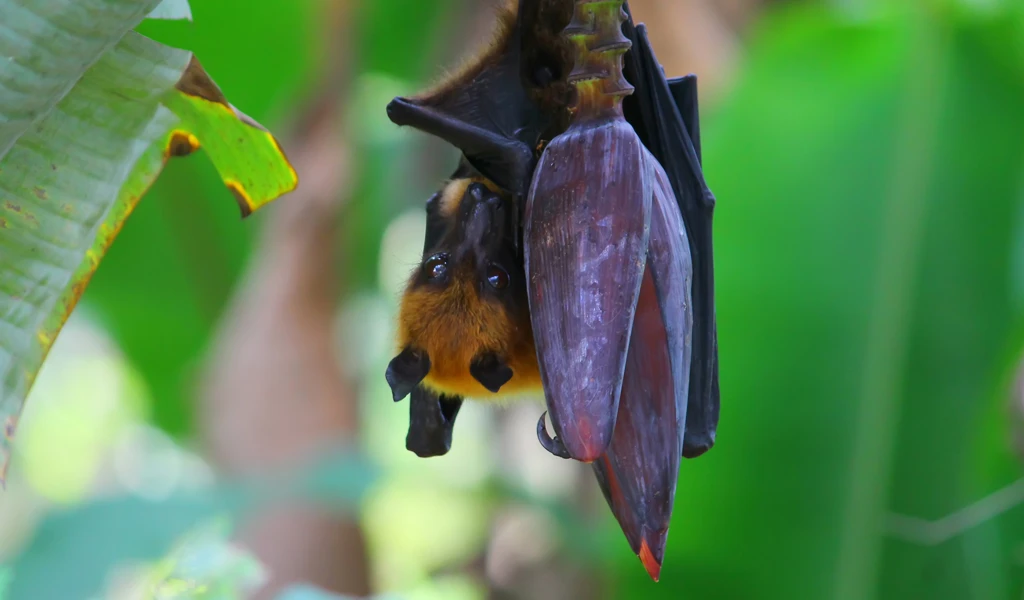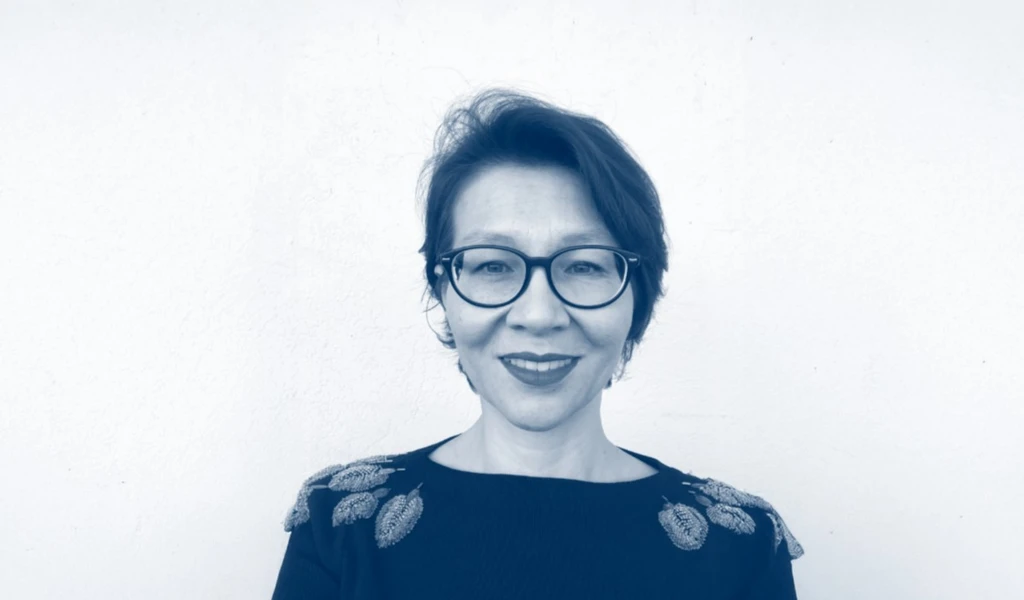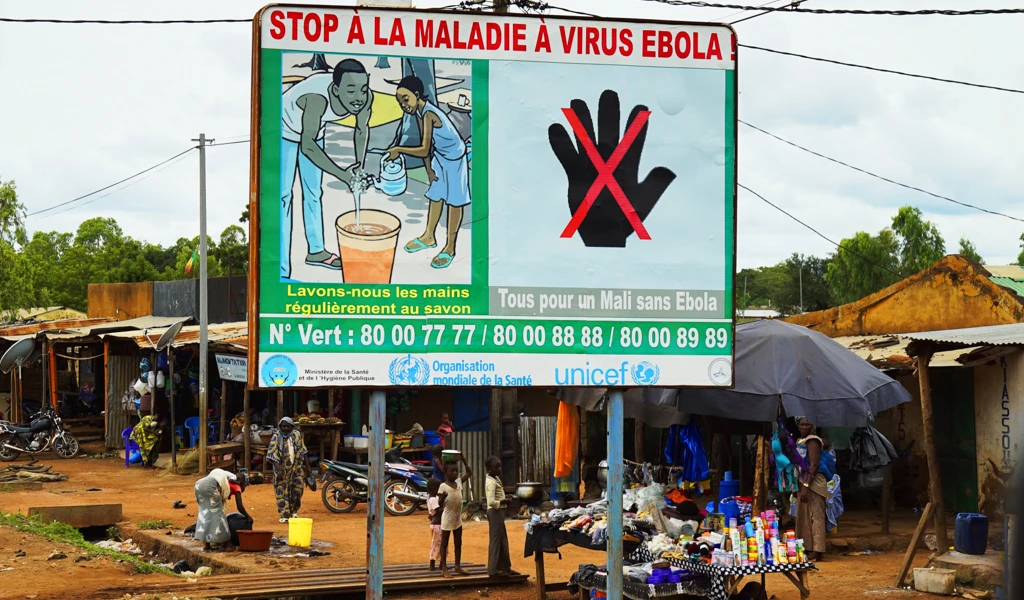CEPI and partners collaborate to advance key tools for Sudan ebolavirus vaccine research

15 February 2023, OSLO, Norway; The Coalition for Epidemic Preparedness Innovations (CEPI) is supporting the development of an international antibody standard against Sudan ebolavirus (SUDV) — a critical tool which will be used to assess and compare the performance of vaccines against the deadly disease responsible for a recent outbreak of Ebola disease in Uganda which was declared over on 11 January 2023.
CEPI is providing funding of US$562,000 to established implementing partners Integrum Scientific and the Department of Arbovirology, Emerging and Re-emerging Infectious Diseases at the Uganda Virus Research Institute (UVRI) to collect and test convalescent sera from people previously infected with SUDV. These samples will enable the development of, and global access to, an international antibody standard which would standardize assessment of vaccine candidates against the virus. This could contribute to the eventual licensure of vaccines against the disease, for which there are currently no authorized vaccines or therapeutics.
In its role as a global convenor of R&D for vaccines against emerging infectious diseases, CEPI is collaborating with international partners to bring the antibody standard to fruition. The biological material collected by Integrum and UVRI will be donated to the UK's Medicines and Healthcare products Regulatory Agency (MHRA) to establish the antibody standard — with co-funding from NIAID in the USA — which will then be included in the UK National Institute for Biological Standards and Control (NIBSC) catalogue for global distribution.
CEPI is already partnering with Integrum Scientific and UVRI to develop an antibody standard for Marburg virus, which was confirmed this week as the cause of an outbreak of disease in Equatorial Guinea, the first ever in the country.
Dr Nicole Lurie, Executive Director of Preparedness and Response at CEPI, said: "The end of the recent SUDV outbreak in Uganda last month was hugely welcome news and a testament to the robust public health response of the Ugandan authorities. However, we absolutely should not wait until the next outbreak of this deadly disease to advance the evaluation and future development of the current vaccines—especially as we do not know when that might be. An international antibody standard will be a vital tool in progressing SUDV vaccine candidates through to licensure."
Joe Sgherza, CEO of Integrum Scientific, said: "Integrum is proud to be part of this effort with CEPI, MHRA, and the UVRI. Our team has a passion for outbreak readiness and response. We partner with local populations and research organizations around the globe to reduce the impact of infectious disease outbreaks, especially in the most vulnerable regions of the world. Our current Infectious Disease Scientific Advisory Board members came together from different organizations during the height of the 2014-2016 Ebola outbreak to launch the first clinical study in West Africa during the outbreak. That effort provided hope to communities that had been devastated by the disease. Integrum is committed to uniting with organizations that share our passion for taking concrete action to respond when people are in need and to prevent more worldwide outbreaks. We see the SUDV sample collection project as a continuation of our team's important work and are proud to provide Sudan ebolavirus survivors an opportunity to help protect future generations worldwide from the effects of this disease."
Dr. Julius J. Lutwama, Head of the Department of Arbovirology, Emerging and Re-Emerging Infectious Diseases and Deputy Director of the Uganda Virus Research Institute, said: "The Uganda Virus Research Institute is one of the globally ranked leading centres of excellence in health research on the African Continent. The UVRI conducts health research pertaining to human infections and disease processes associated with or linked to viral aetiologies and provides capacity building to target beneficiaries. The Department of Arbovirology, Emerging and Re-emerging infectious Diseases at UVRI has for many years been involved with the surveillance, response, and control of viral hemorrhagic fevers (VHFs) including studies on survivors of these infections. The VHF survivor's studies are carried out to answer some pertinent questions such as: Why do some people die while others survive these diseases? What kind of antibodies are produced to fight off infection? Do survivors have antibodies that can protect them in case of another outbreak? Up to how long are the survivors protected? Is it possible to harvest antibodies for use later? The studies provide information on type of antibodies, the total load of antibodies over time, ascertaining which of the antibodies are useful in body protection, etc., and are used in designing/modelling of antibodies for synthetic production, monoclonal antibodies production and vaccine production. There are several other international groups carrying out similar studies. This calls for a need of international antibody standards. UVRI is privileged to be part of the team that will collect, prepare, and provide the international reference standards for global use."
Supporting the outbreak response to SUDV
CEPI played a central role in the vaccine research, development and manufacturing response to the recent outbreak of SUDV in Uganda, working collaboratively with vaccine developers to expedite manufacturing and fill-finish and supporting the Uganda Ministry of Health and WHO to establish a vaccine clinical trial with doses on the ground and ready to begin in record time. While thankfully the planned trial is no longer needed, should the outbreak flare up again both investigational doses and a clinical trial infrastructure are now in place and ready to respond quickly.
Our focus moving forward is on enabling an even swifter response to future outbreaks of SUDV: We must not wait until the next outbreak to advance the development of the current vaccine candidates. CEPI will continue to support the necessary enabling science — including the international antibody standard — and to assess whether there are other R&D, manufacturing or supply chain gaps to be addressed.
CEPI is also working with Gavi, UNICEF, and other partners to support a ready reserve of investigational doses in the event of another outbreak and, ultimately, a long-term stockpile of licensed vaccines in the future.
The role of International Antibody Standards
Developed and in use for other diseases, an antibody standard is a pool of serum or plasma from multiple patients who have recovered from virus infection with high levels of antibodies produced as part of their natural immune response to the infection. The WHO International Standard for antibodies is a tool to calibrate those kits or tests used to determine the level of antibodies in an individual, so that the antibody responses to vaccines tested from different developers using different kits or methods can be compared. Once established by the WHO's Expert Committee on Biological Standardization (ECBS) the tool will enable accurate and harmonized assessment of SUDV vaccine candidates, and will be instrumental in determining a minimum level of antibody level required to protect from disease.
CEPI is already working with its partners to develop antibody standards against other epidemic and pandemic threats including COVID-19, Lassa fever, MERS which are now available; and Rift Valley fever, Nipah, Monkeypox and Marburg virus which are in progress. This work forms part of the ‘Transform' pillar of CEPI's $3.5bn pandemic preparedness plan, which seeks to invest and scale critical enabling science programmes to further accelerate vaccine development and deployment.
-ENDS-
Photo credit: Linda Hoover
About CEPI
CEPI is an innovative partnership between public, private, philanthropic, and civil organizations, launched in 2017, to develop vaccines against future epidemics. Its mission is to accelerate the development of vaccines and other biologic countermeasures against epidemic and pandemic threats so they can be accessible to all people in need. Prior to COVID-19, CEPI's work focused on developing vaccines against Ebola virus, Lassa virus, Middle East Respiratory Syndrome coronavirus, Nipah virus, Rift Valley Fever virus and Chikungunya virus — it has over 20 vaccine candidates against these pathogens in development. CEPI has also invested in new platform technologies for rapid vaccine development against unknown pathogens (Disease X).
CEPI has played a central role in the global response to COVID-19, supporting the development of the world's largest portfolio of vaccines against SARS-CoV-2 and its variants with a focus on speed, scale and access, as well as co-leading COVAX, the global initiative to deliver fair and equitable access to COVID-19 vaccines. CEPI is also the world's leading funder of R&D for broadly protective coronavirus vaccines which could protect against future variants of COVID-19 as well as other coronaviruses with epidemic and pandemic potential.
CEPI has embarked upon an ambitious US$3.5bn five-year plan — called CEPI 2.0 — to dramatically reduce or even eliminate the future risk of pandemics and epidemics. Central to the plan is CEPI's goal — supported by the G7 and G20 — to compress the time taken to develop safe, effective, globally accessible vaccines against new threats to just 100 days. Achieving this ‘100 Days Mission' would give the world a fighting chance of containing a future outbreak before it spreads to become a global pandemic. Read the plan at endpandemics.cepi.net/
About Integrum Scientific
Integrum Scientific is an Outbreak Readiness and Response company founded to improve the effectiveness of global and local clinical research on infectious diseases. We aim to improve disease surveillance, increase prevention, standardize preparation, and expedite response times. We believe infectious disease preparedness is not only a national security priority but a global humanitarian imperative. To ensure we are ready for the next outbreaks, Integrum seeks to increase and improve the training and education available to local healthcare workers and researchers, expand the quality and quantity of local labs and their resources, and expand clinical research infrastructures to ensure relief can reach the hardest hit areas faster. To accomplish this goal, we seek to partner with academia, government organizations, non-governmental organizations, and industry.
Our medical and scientific researchers, infrastructure and logistics experts, and communication specialists bring decades of on-the-ground experience working on some of the most critical global health challenges in the most remote regions of the world. Our scientists and clinical researchers have conducted ground-breaking research and landmark trials throughout their careers and are highly sought after for their expertise in their fields. Many within the Integrum family continue to conduct pivotal research and development on emerging and re-emerging infectious diseases by focusing on prevention, preparedness, and awareness. www.integrumsci.com
Media contacts
CEPI Press Office
[email protected]


